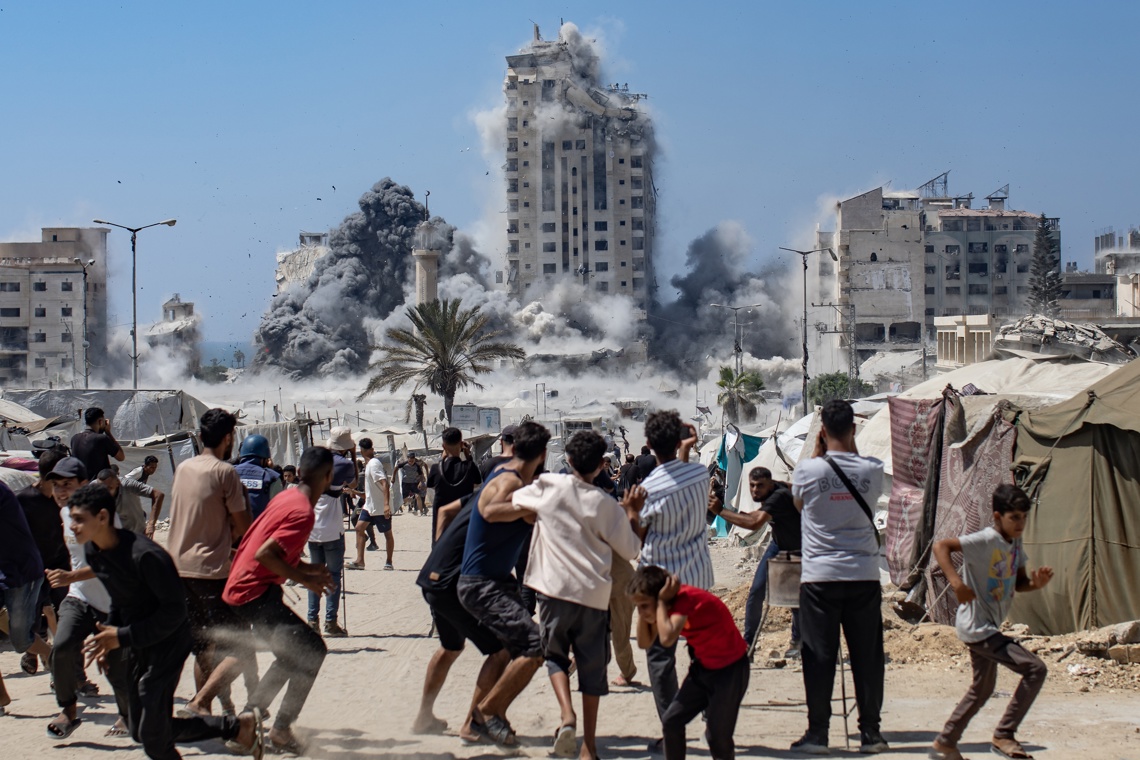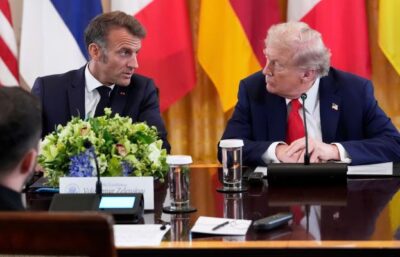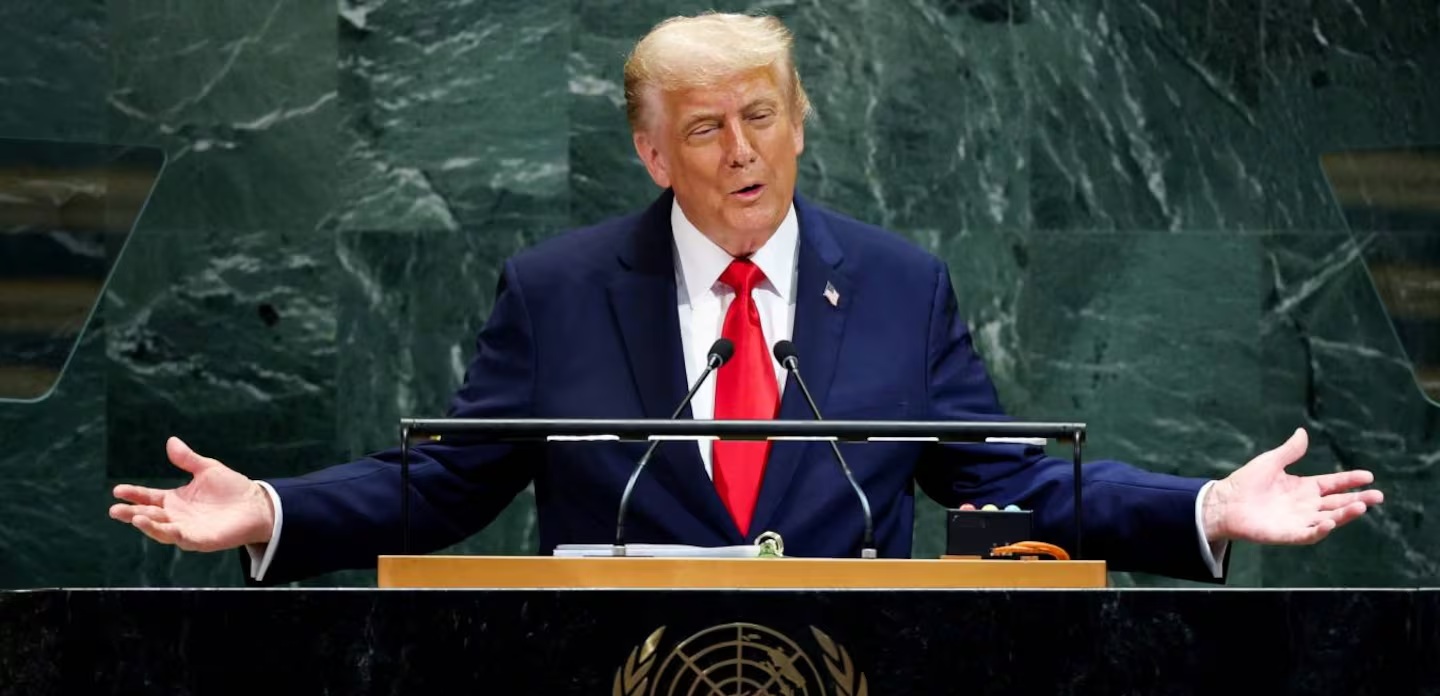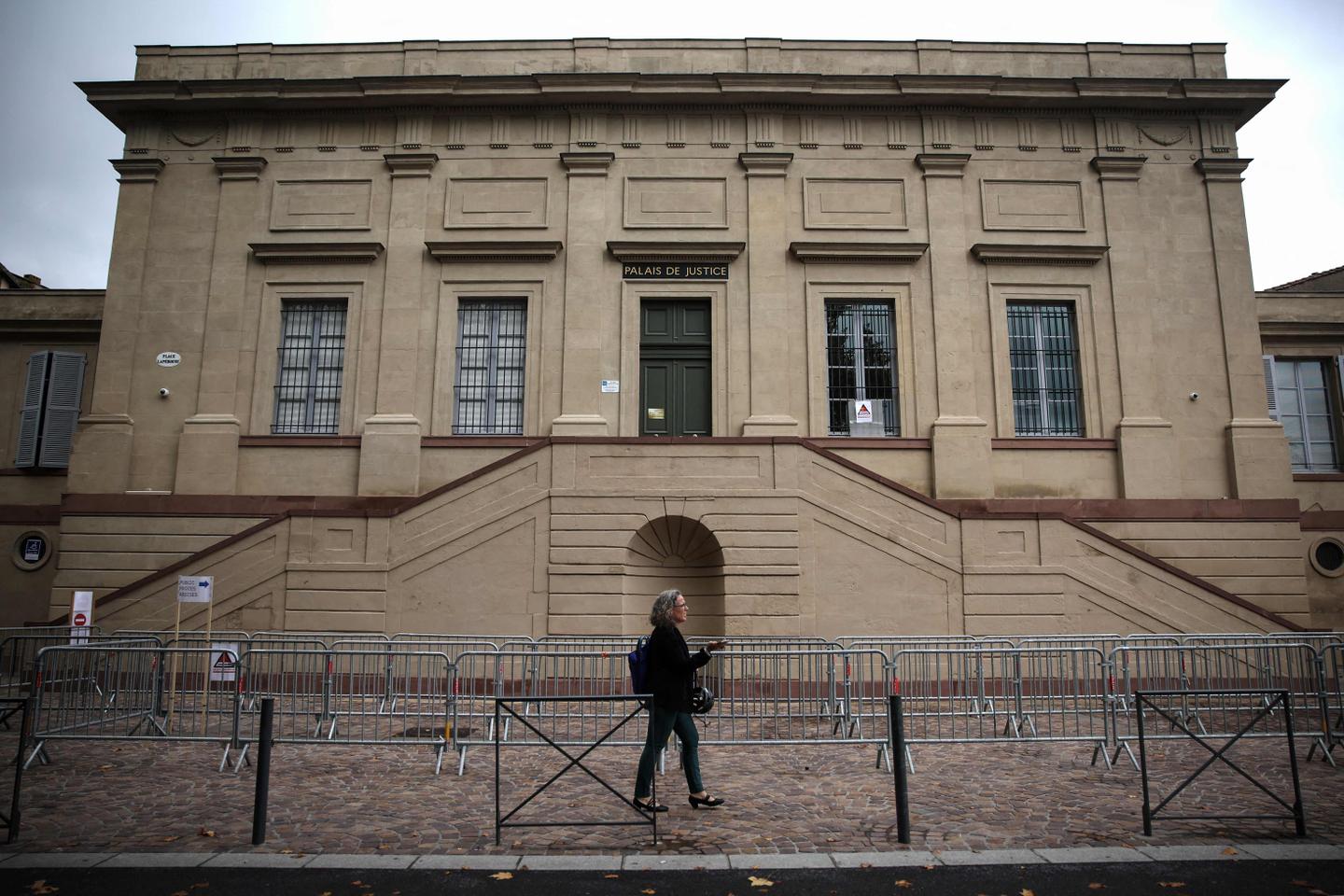Global Sumud Flotilla Faces Israeli Interception En Route to Gaza
The Global Sumud Flotilla, a convoy of approximately 40 ships carrying humanitarian aid, is facing potential interception by the Israeli military as it approaches the Gaza Strip. The flotilla, comprised of around 500 activists from various countries, aims to break the Israeli naval blockade and deliver essential supplies to the region. Tensions are rising as the flotilla enters a designated "high-risk zone" where previous missions have been intercepted.
Flotilla's Progress and Warnings
The Global Sumud Flotilla alerted its members to "maximum alert" status as it entered the "high-risk zone," located approximately 150 nautical miles from the Gaza coast. The flotilla reported increased drone activity and encounters with unidentified vessels, prompting safety protocols. This area has historically been the site of Israeli interceptions of similar humanitarian missions. Spain and Italy, initially providing support, have issued warnings about entering the Israeli-declared exclusion zone.
Israeli Response and Preparations
The Israeli military has announced its readiness to intercept the flotilla, with plans to redirect the ships to the port of Ashdod, where activists will be questioned and potentially deported. There are also unconfirmed reports suggesting that the Israeli military may sink some vessels due to the difficulty of towing all ships to port. In preparation for potential confrontations, Israel has deployed 600 police officers to the port of Ashdod and placed seven hospitals on alert.
International Reactions and Concerns
The international community is divided in its response to the flotilla. While some nations emphasize the importance of delivering humanitarian aid to Gaza, others caution against actions that could escalate tensions or provide a pretext for violence. Spain has urged the flotilla to avoid the exclusion zone to protect the safety of its members. The Italian government has offered activists the option to disembark and return to shore, a move criticized by some as undermining the mission. Greta Thunberg and former Barcelona mayor, Ada Colau, are among the activists participating in the flotilla, further raising the profile of the mission.
The Humanitarian Crisis in Gaza
The Gaza Strip faces a severe humanitarian crisis exacerbated by ongoing conflict and a prolonged blockade. The United Nations has reported widespread food insecurity and critical shortages of essential supplies. The Global Sumud Flotilla aims to alleviate some of this suffering by delivering medical supplies, food, and educational materials. However, Israel argues that the flotilla is a provocation orchestrated by Hamas, a claim disputed by the flotilla organizers, who insist their mission is peaceful and humanitarian.
Diplomatic Efforts and Future Outlook
Israel has offered to facilitate the delivery of aid to Gaza through established ports and channels, such as the port of Ashdod or via Cyprus, but the flotilla insists on breaking the naval blockade directly. As the flotilla approaches its destination, the situation remains tense, with the potential for confrontation. Diplomatic efforts are ongoing to de-escalate the situation and ensure the safety of all involved. The outcome of this mission will likely have significant implications for future humanitarian efforts in the region and the ongoing Israeli-Palestinian conflict.
| Aspect | Details |
|---|---|
| Flotilla Name | Global Sumud Flotilla |
| Destination | Gaza Strip |
| Number of Ships | Approximately 40 |
| Number of Activists | Around 500 |
| Objective | Break the Israeli Naval Blockade, Deliver Humanitarian Aid |
| Potential Outcome | Interception by Israeli Military, Deportation of Activists |
 Visit the website
Visit the website





